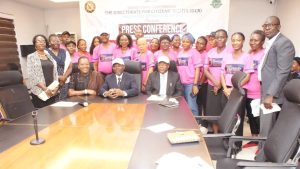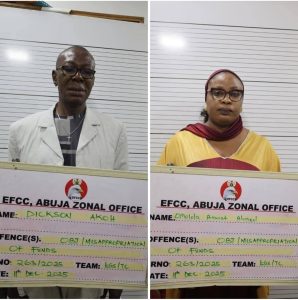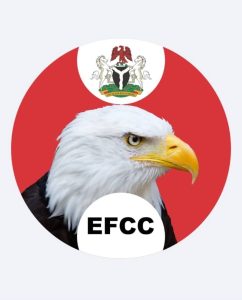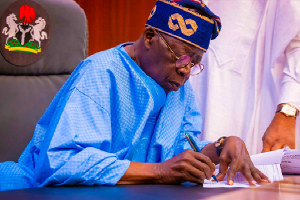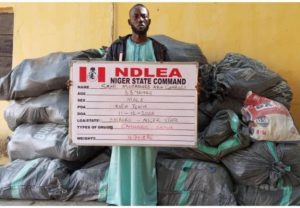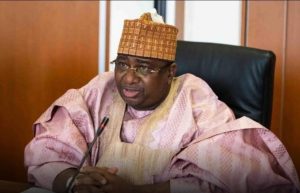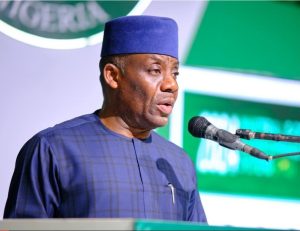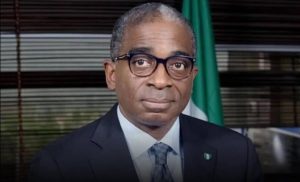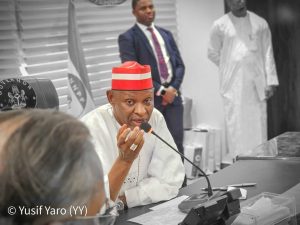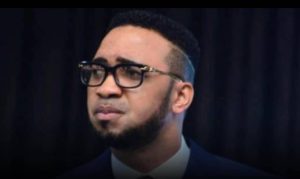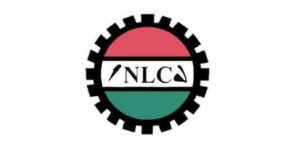By Ikugbadi Oluwasegun
When President Bola Ahmed Tinubu vowed to provide student loans for indigent students during the 2023 presidential election campaign, Nigerians were happy because that was the first time a presidential candidate would discuss establishing loans for students. However, the then-presidential flag-bearer didn’t explain that he would remove education subsidies when he assumed office.
On his first day of inauguration, May 29th, 2023, he announced the removal of fuel subsidies. Tinubu explained that the money saved would be used to provide adequate healthcare and quality education. Many believed the president would allocate part of the savings to the education system. When education subsidy was removed, public tertiary institutions across Nigeria started increasing school fees and hostels fees.
The removal of subsidy led to increased overhead costs for tertiary institutions, causing them to raise school fees and hostel fees by up to 300%. Some institutions now collect special fees like electricity fees ranging from N10,000 to N20,000 per session. The price of hostel accommodation also increased by 250%.The president responded to students’ concerns by reiterating his campaign promise to establish a student loan scheme.
The Nigerian Education Loan Fund (NELFUND) was launched after one year of President Tinubu’s tenure. Unfortunately, many students who couldn’t afford the new fees had dropped out due to financial constraints before the loan scheme actually started. NELFUND stated that the loan would cover institutional charges and upkeep, with institutional charges remitted directly to the applicants’ institutions and upkeep paid to the applicants on a monthly basis. Students started receiving monthly stipends of N20,000 from July 2024.
Considering Nigeria’s economic reality, N20,000 cannot sustain an average student for three weeks.The government should use the funds set aside for student loans to directly subsidize and fund education instead of indirectly commercializing tertiary institutions.
Goal 4 of the Sustainable Development Goals aims to ensure quality primary and secondary education for all, so as to increase the number of Youths and adults with relevant skills for employment and entrepreneurship.
Nigerians have lost hope and trust in the public primary and secondary education system because of the shambles condition of public schools. This has made Nigeria over 18 million out-of-school children, with 10.2 million primary school-age children and 8.1 million junior secondary level students not attending school (UNICEF). The student loan scheme cannot cater to these children. The government needs to fund and provide adequate infrastructure to decrease the number of out-of-school children. Nigeria has the highest number of out-of-school children globally, posing productivity and economic threats.
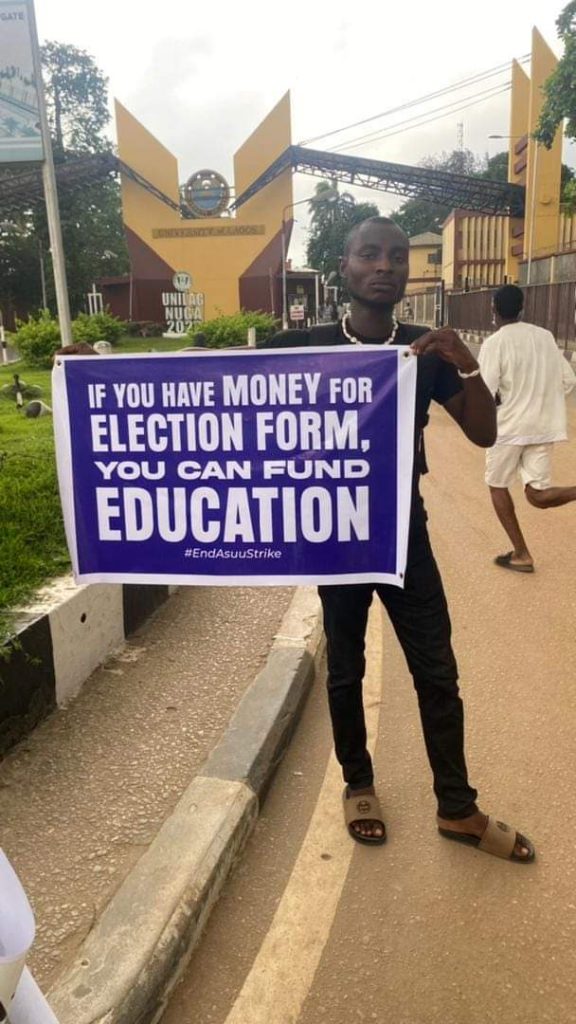
The student loan scheme has failed in advanced countries like the United States, and its longevity in Nigeria is doubtful. Government funding is the best way to achieve quality education. The ministry of education should prioritize policies to make education accessible to all by urging the federal government to increase the education tax (Tertiary Education Trust Fund) from 2% to 3% and allocate 20% of the national budget to the education sector (UNESCO recommendation). The Tinubu administration allocated N2.18 Trillion, approximately 7.9% of the national budget. To boost education, the government must stop corruption, establish a recurrent maintenance culture, and partner with private organizations.
Many students roam the streets during school hours due to poverty and economic hardship, leading to child labour. Schools lack basic infrastructure like chairs and tables, discouraging students from learning. Strict laws against child labour are needed.Government should address the issue of teachers’ training and development, as well as provide adequate teaching materials and resources. The curriculum should be reviewed to ensure relevance and quality. Additionally, the government should establish a system for monitoring and evaluating education outcomes to ensure accountability and improvement.
By addressing these challenges and implementing effective solutions, Nigeria can achieve quality education and meet the Sustainable Development Goals.
Ikugbadi Oluwasegun writes from Lagos.







